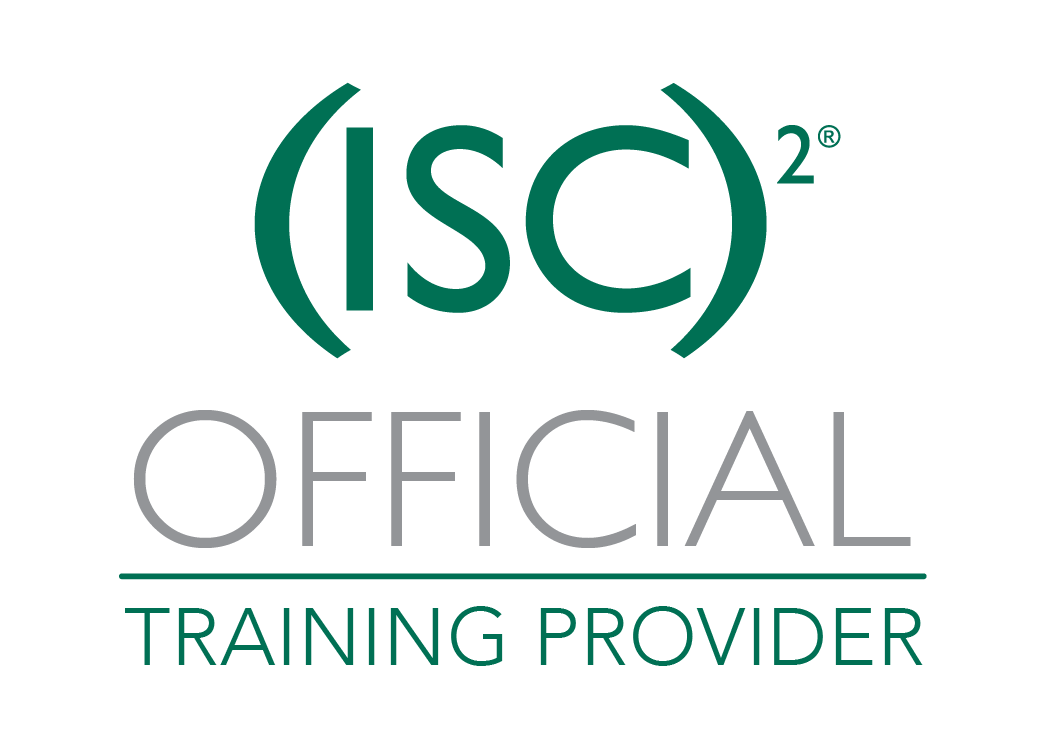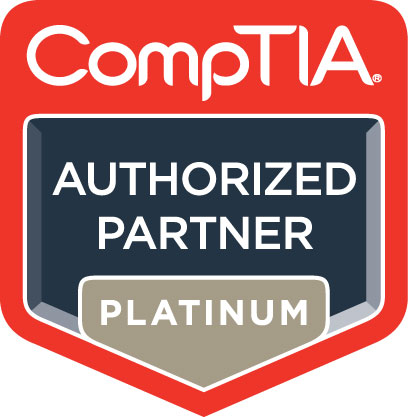Course Outline

EC-Council CEH Day
 CEH2000 | Day | 7 Days
CEH2000 | Day | 7 DaysA Certified Ethical Hacker (CEH) is a skilled professional who understands and knows how to look for weaknesses and vulnerabilities in target systems and uses the same knowledge and tools as a malicious hacker, but in a lawful and legitimate manner to assess the security posture of a target system(s). The CEH credential certifies individuals in the specific network security discipline of Ethical Hacking from a vendor-neutral perspective.
This primary goal of this course is to help each student pass the exams required to earn the CEH certification. To do this, your knowledgeable instructor will blend hands-on labs with lecture and practice exams to prepare you to pass the exams. The practice exams identify knowledge gaps that the instructor will fill with customized, hands-on labs and tailored lectures.
To learn more about the course objectives and opportunities in the industry for CEH certified professionals, view our CEH Certification Info Session.
Upcoming Dates:

Who should take this course
This course is intended for students seeking to earn their CEH certification and who need an expert instructor to guide them throughout the training and exam preparation process. The CEH certification is for:
- Security Officers
- Auditors
- Network Administrators
- Firewall Administrators
- Security Professionals
Anyone who is concerned about the integrity of the network infrastructure
Course Objectives
This course will cover the following topics:
- Focus on New Attack Vectors
- Emphasis on Cloud Computing Technology
- CEHv9 focuses on various threats and hacking attacks to the emerging cloud computing technology
- Covers wide-ranging countermeasures to combat cloud computing attacks
- Provides a detailed pen testing methodology for cloud systems to identify threats in advance
- Emphasis on Mobile Platforms and Tablet Computers
- CEHv9 focuses on the latest hacking attacks targeted to mobile platform and tablet computers and covers countermeasures to secure mobile infrastructure
- Coverage of latest development in mobile and web technologies
- Emphasis on Cloud Computing Technology
- New Vulnerabilities Are Addressed
- Heartbleed CVE-2014-0160
- Heartbleed makes the SSL layer used by millions of websites and thousands of cloud providers vulnerable.
- Detailed coverage and labs in Module 18: Cryptography.
- Shellshock CVE-2014-6271
- Shellshock exposes vulnerability in Bash, the widely-used shell for Unix-based operating systems such as Linux and OS X.
- Detailed coverage and labs in Module 11: Hacking Webservers
- Poodle CVE-2014-3566
- POODLE lets attackers decrypt SSLv3 connections and hijack the cookie session that identifies you to a service, allowing them to control your account without needing your password.
- Case study in Module 18: Cryptography
- Hacking Using Mobile Phones
- CEHv9 focuses on performing hacking (Foot printing, scanning, enumeration, system hacking, sniffing, DDoS attack, etc.) using mobile phones
- Courseware covers latest mobile hacking tools in all the modules
- Coverage of latest Trojan, Virus, Backdoors
- Courseware covers Information Security Controls and Information
- Security Laws and Standards
- Labs on Hacking Mobile Platforms and Cloud Computing
- More than 40 percent new labs are added from Version 8
- More than 1500 new/updated tools
- CEHv9 program focuses on addressing security issues to the latest operating systems like Windows 8.1
- Heartbleed CVE-2014-0160
It also focuses on addressing the existing threats to operating environments dominated by Windows 10, Windows 7, Windows 8, and other operating systems (backward compatibility)
Course Outline
Module 1: Introduction to Ethical Hacking
Module 2: Footprinting and Reconnaissance
Module 3: System Hacking
Module 4: Malware Threats
Module 5: Scanning Networks
Module 6: Enumeration
Module 7: Sniffing
Module 8: Social Engineering
Module 9: Denial of Service
Module 10: Session Hijacking
Module 11: SQL Injection
Module 12: Hacking Wireless Networks
Module 13: Hacking Web servers
Module 14: Hacking Web Applications
Module 15: Hacking Mobile Platforms
Module 16: Evading IDS, Firewalls, and Honeypot
Module 17: Cloud Computing
Module 18: Cryptography





















